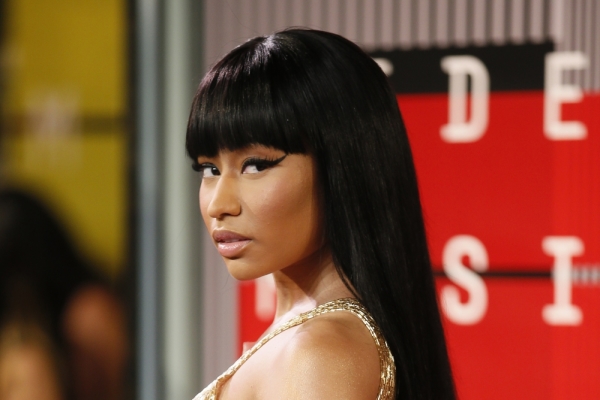Model: I Won 'Genetic Lottery' Unlike Trayvon Martin- It's Unfair
Cameron Russell, a model for popular retailers like Victoria's Secret and Calvin Klein, says that her good looks have gotten her far only because society has wrongly developed a stereotype for success. In turn, the stereotypes exclude individuals who deserve a platform to be heard.
Russell doesn't believe that she is that different than any other 25-year-old. Despite a glamorous career in modeling with over 10 years in the industry, her resume for any other job may be considered bleak, she writes in a CNN opinion piece. But her life may be better anyway because she has won what she calls the "genetic lottery."
"The real way that I became a model is that I won a genetic lottery, and I am the recipient of a legacy," Russell explains. "What do I mean by legacy? Well, for the past few centuries we have defined beauty not just as health and youth and symmetry that we're biologically programmed to admire, but also as tall, slender figures, and femininity and white skin."
Russell adds that in 2007 only four percent of models were "non-white," which she suggests is unfair. She is now telling her story with the hope that she "could encourage those of us who make media to elevate other personal narratives: the stories of someone like Trayvon Martin, the undocumented worker, the candidate without money for press."
Stories she says, that are important and that she is unqualified to tell. Russell admits that she gets frequent press opportunities simply because of her looks despite having a degree from Columbia University, which she completed with honors by attending school part time.
Russell's goal is to not be perceived just for her good looks, but for her good ideas as well. She hopes that in turn, will open a platform for others as well, regardless of looks, ethnicity, or economic position.
"Like many young people I believe I have potential to make a positive impact in the world. But if I speak from a platform that relies on how I look, I worry that I will not have made room for anyone else to come after me," she wrote. "I will have reinforced that beauty and race and privilege get you a news story. The schoolteacher without adequate support, the domestic worker without rights, they won't be up there with me."
Her question is one that she had opened to everyone.
"How can we build media platforms accessible to a diversity of content creators?" she asked.





















